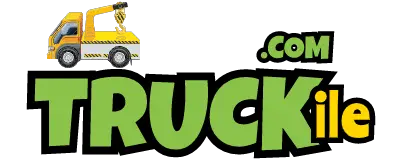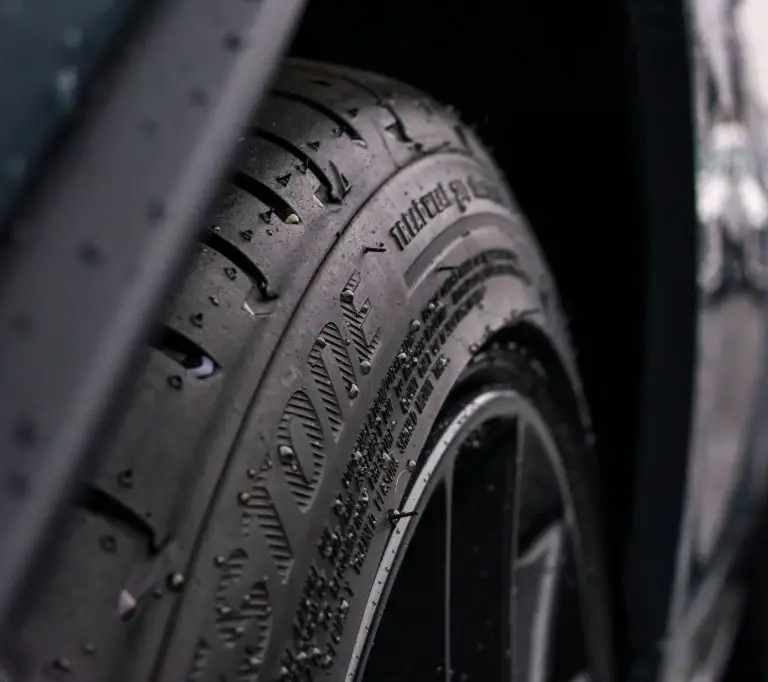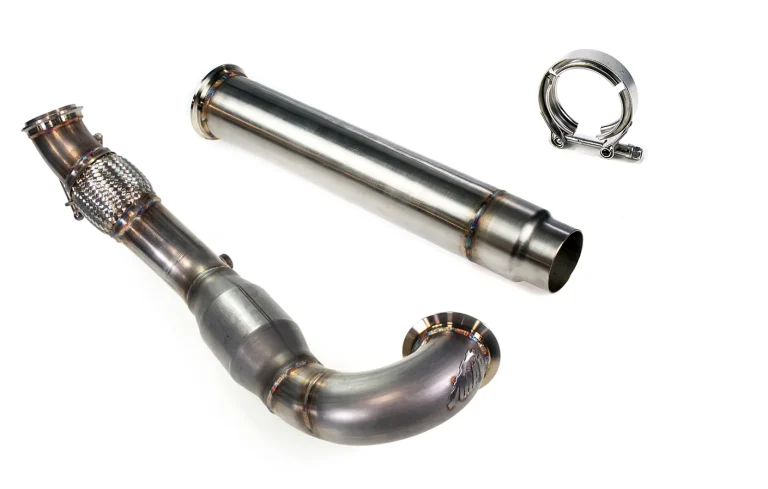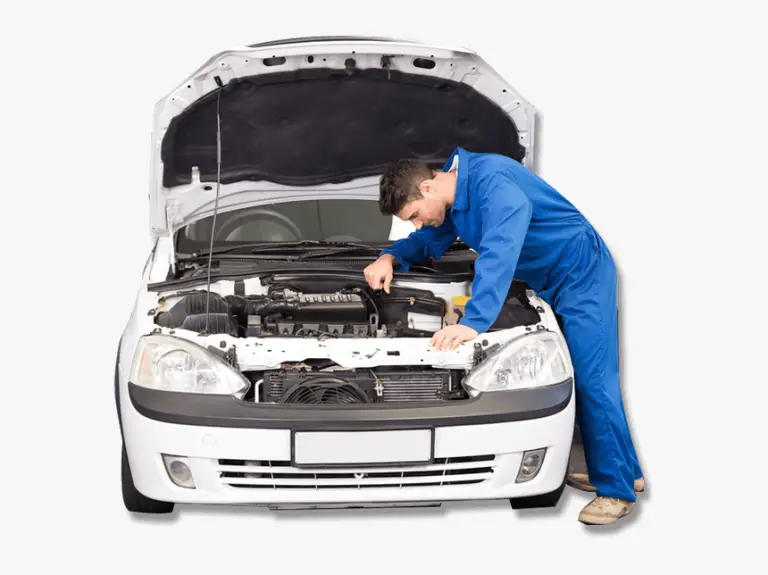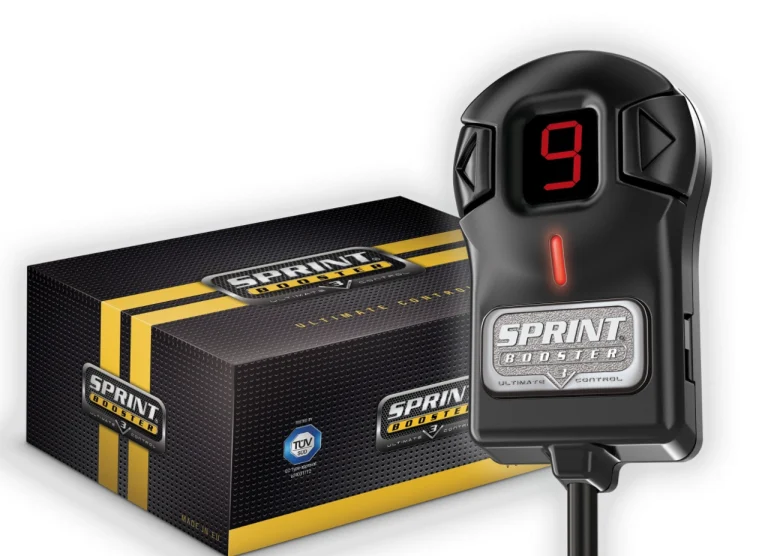How Do I Know What Options My F150 Has?
Yes, you can. This will work not only for F150 but works for all other vehicles as well.
There are a lot of unknowns when buying a used car or inheriting a used car. Can you tell me what options the car was built with or its general life history? We have got you.
The best way to find out what’s going on with a vehicle is through the VIN.
Body style, engine type, model, place of production, and service history are some of the information that the Vehicle Identification Number can give you.
If you use an online search engine, you’ll be able to find the vehicle for free or for a fee.
It is a good idea to know the history of your car while you are shopping.
The data reported by established maintenance shops on what was done while the vehicle was there will be pulled from the VIN reports.
You should keep reading to find out what your car’s VIN can do for you.
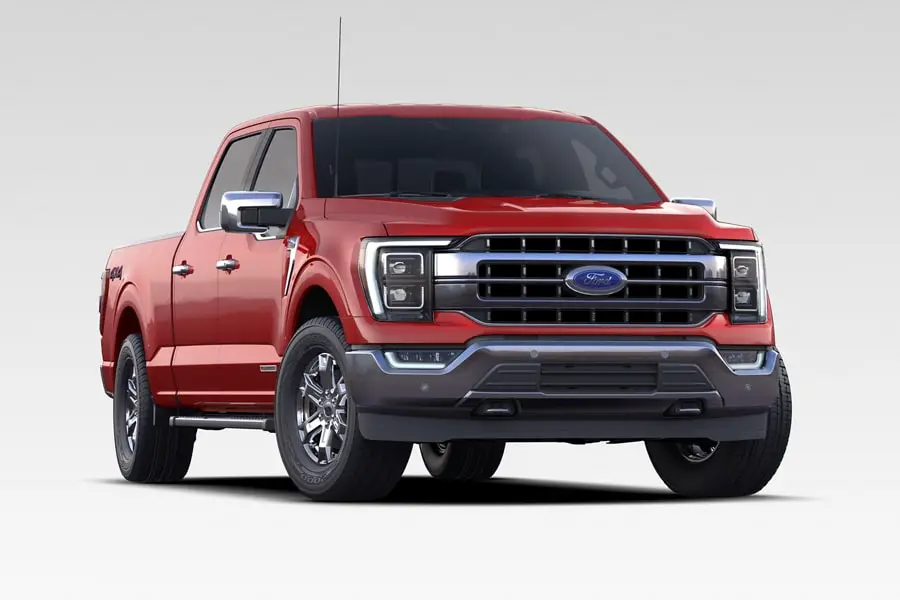
Where Can I Find a VIN Report?
There are a few different places where VIN reports can be found. The first and most well-known site is Carfax.com. You’ll be able to pull a free basic history report from this site.
If you’re looking for more in-depth insight, you will be paying between $40 and $60. When you’re in business with Carfax, you’ll get a full report with your contract.
There is a next site called Autocheck.com. Pick which type of report you’d like, whether it be basic or complete, and then enter the vehicle identification number on Autocheck.
Basic reports are free, but you have to have an account to use them. There are complete reports ranging from $30 to $50 and a subscription is required.
The third site is Vincheckup.com. Vincheckup gives you the option of how many reports you’d like to run.
One report will cost around fifteen dollars, but they have package deals such as five for forty dollars.
You will be asked to sign up for a subscription, and then reports will be sent to your email.
Is It Possible For A VIN Number To Tell You What Options Your Vehicle Has?
The serial code of the car is the VIN. The make, model, year, manufacturer, and engine information will be shown on the 17-digit VIN.
You can find your VIN by looking at the driver’s side window or the door jam.
There must be a sticker on the door or the dashboard. If you can’t find it, it will be on your insurance card and title.
You will be able to see what country your vehicle was made in and the plant number it came from.
It is possible to pull your car’s service history if the vehicle has been brought to an established shop.
Vehicles made after 1980 will have a 17-digit code, while cars made before 1980 will have a shorter number.
The service departments can give you a breakdown of the mechanisms. They’ll be able to tell you the engine and cylinder type, as well as use the VIN to order parts.
How To Read Your VIN
If you use the fourth through eighth letters and numbers, you will be able to find the vehicle options.
The country of origin is the first number followed by the manufacturer and the division. The vehicle description and one character security code are followed by fourth through eighth.
The model year is followed by one letter for a plant identification number. The vehicle serial number is the final six numbers.
To avoid being ripped off, it is important to know the history of a vehicle. If you go into a car deal blind, you could end up paying a lot of money in the end.
Pull a report first, even if it’s a free basic one. You may have to pay extra fees if something doesn’t seem right with the vehicle.
How To Find The Purchase History Of A Car?
If you’re buying a used vehicle from a dealership, they’ll usually give you a report on how many other people own that car.
There’s no harm in doing your own thing. You can use the websites listed above to run a report if you use the vehicle’s VIN.
If it’s an older vehicle and has been owned by multiple people, you may need to run multiple reports.
You will be able to see all of the insurance claims on the car once you receive the reports. It’s possible to use accidents and reports of theft to your advantage when negotiating a price.
The title history of the car from previous drivers is something that you will benefit from. There will be liens or flags on the title if there are those reports.
Other options to add to the history pulls are theft, major bodywork from total loss claims, and price predictions.
You can get an estimated cost for service and purchase history by using price predictions.
There could be a few that slip through because big-name dealerships tend to send total loss vehicles to auction and won’t sell them.
Before you get too deep into the purchase history, it’s a good idea to check the vehicle identification number.
How To Check Your Car’s Service History?
There are two ways to find out about your car’s repair history. Online reporting will cost you money upfront, while a phone call to the dealership can help steer you in the right direction.
Any service work done at established shops can be found in the reports found online. If the owner paid out of pocket or had a friend do the service, there will be no record.
The insurance claims are reported and attached to the vehicle identification number.
Damages, injuries, and police reports are some of the things that can be claimed in an insurance claim.
You can get in touch with the manufacturer or the dealership directly. The place that can tell you the stored service history is either one of the two.
The manufacturer can tell you if there are any warranties left on the vehicle, as well as any recalls, which is a big plus.
If you want to know what services have been completed, your dealership should be able to give you that information.
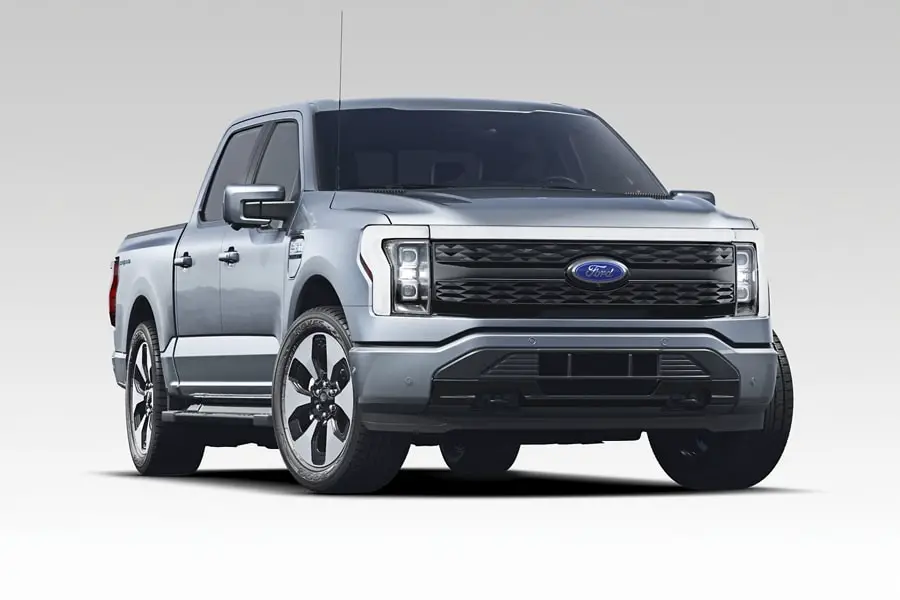
Conclusion
If you know where your VIN is and how to read it, you will have a lot of knowledge. You can find out where the vehicle was produced, as well as what options the vehicle has.
The purchase and service history of the vehicle can be found on the driver’s side of the car. You can call a dealership, pull an online report, or call the manufacturer to know more.

Truck driver by profession, automotive lover by heart. Ricky is the main publisher and editor at Truckile.com sharing his life-long knowledge and experience in the auto industry and truck driving!
